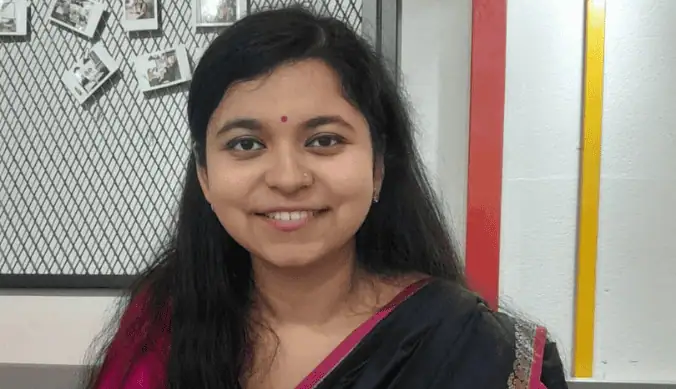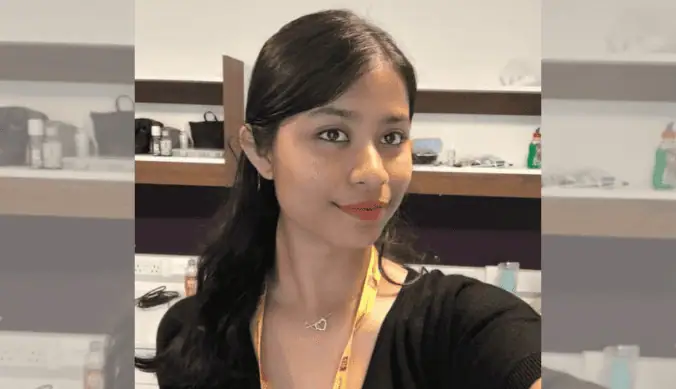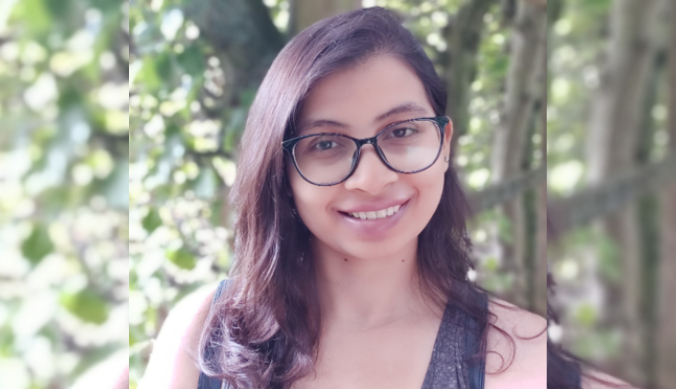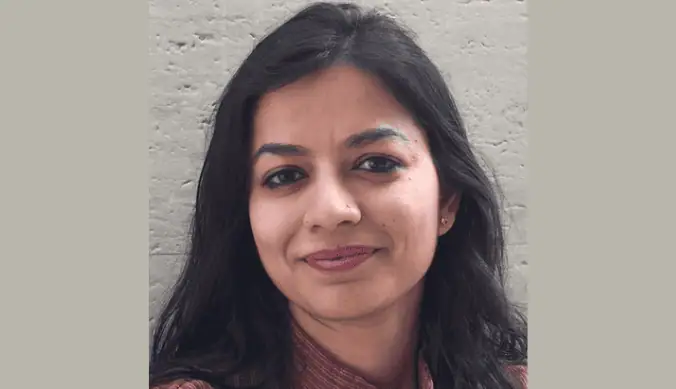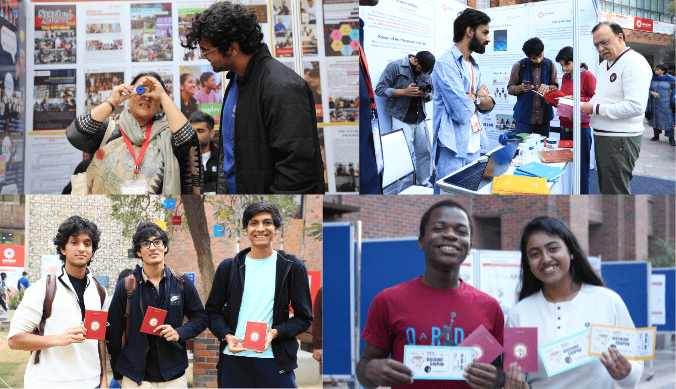Digital Afterlives: Rethinking Mortality in the Age of AI
Ashoka University and the University of Cambridge explores how technology is reshaping our final moments—and what comes after.
This spring, Ashoka University collaborated with the University of Cambridge to explore one of the most fascinating and complex questions of our digital age: what happens to our digital selves after we die? The project, funded by Schmidt Sciences under the AI2050 Fellowship and hosted by the Leverhulme Centre for the Future of Intelligence at the University of Cambridge, brought together researchers Dr Katarzyna Nowaczyk-Basińska, Dr Tomasz Hollanek, Dr Maya Indira Ganesh, Anja Franczak, Tomasz Siuda, and Dr Saide Mobayed Vega. We supported the Indian phase of a larger international investigation into digital immortality, which also included research phases in Poland and China.
Bringing Together Diverse Voices
This week-long exploration began with an expert workshop comprising academics, researchers, public intellectuals, healthcare professionals, technologists, legal experts, religious and spiritual leaders, and funeral services professionals—all united by their interest in how death, dying, immortality, and digital technologies intersect in our contemporary world.
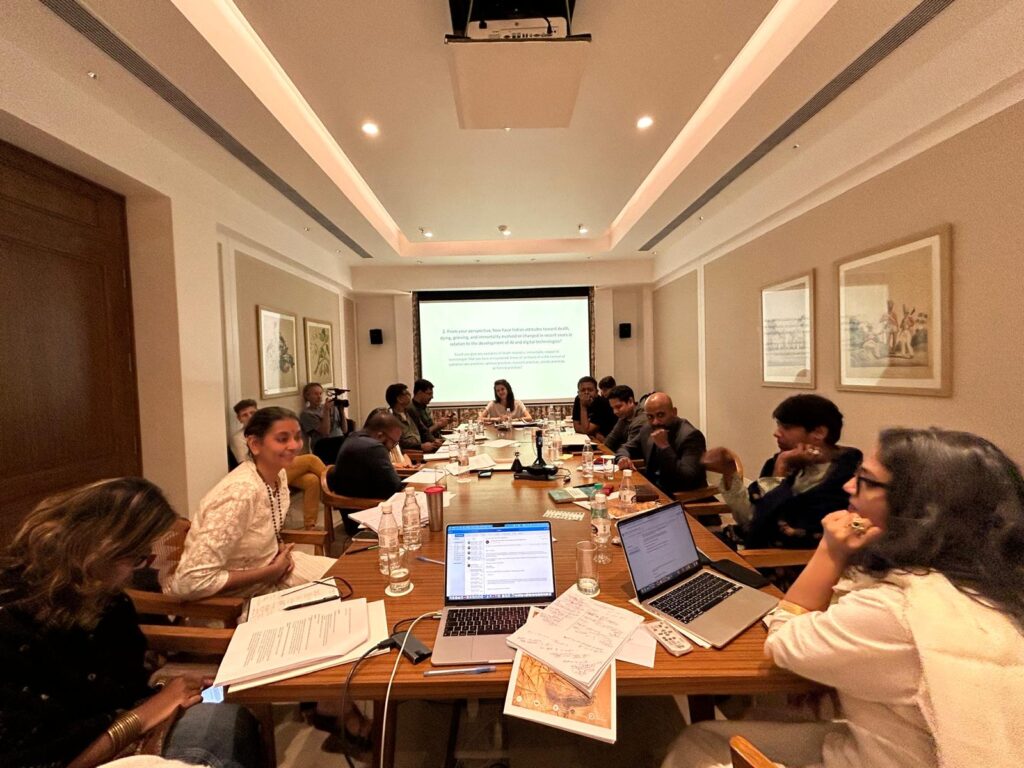
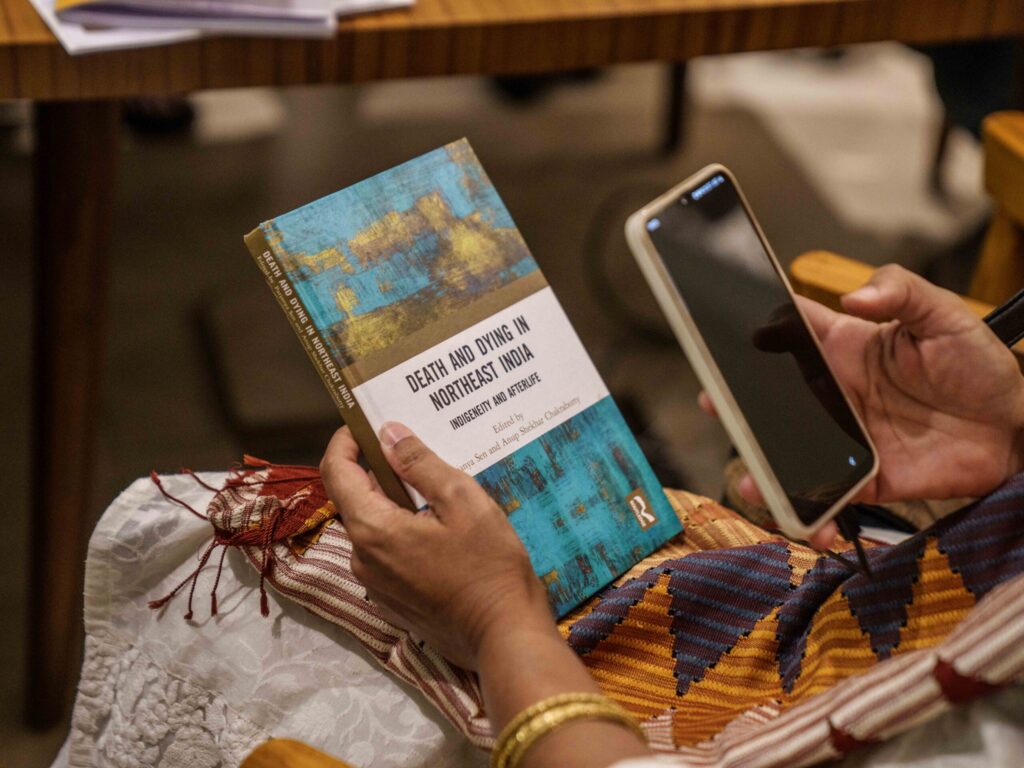
Among the distinguished participants were scholars like Minakshi Dewan, who presented insights from her work “The Final Farewell: Understanding Last Rites and Rituals Across India’s Major Faiths,” and Parjanya Sen, co-editor of “Death and Dying in Northeast India.” The workshop also featured practitioners like funeral director Cyril Joseph, grief experience designer Krittika Sharma (founder of Maajhi), and technologist Senthil Nayagam (founder of Muonium AI Studios).
The expert discussions challenged conventional understandings of digital immortality. Rather than focusing solely on technological possibilities, participants questioned fundamental concepts of interactivity, permanence, and timelessness. As one participant noted, we might be better served thinking of these phenomena as “digital extensions” or “digital simulacra” rather than true immortality.
A particularly compelling insight emerged around the concept of dignity and what constitutes a “good death” in the age of AI. Participants introduced the idea of a “business of dignity” as a counterbalance to “death capitalism,” encouraging us to think about death through non-monetary values.
Immortality Over Dinner
Beyond the expert workshop, the exploration included three intimate “(Im)mortality Over Dinner” focus groups with non-expert participants. These sessions began with a screening of the documentary “Eternal You” (directed by Hans Block and Moritz Riesewieck), followed by facilitated discussions in a more personal setting.
The dinner conversations revealed recurring themes that transcended cultural boundaries. Participants expressed concerns about grief as an “exploitable state,” drawing parallels between digital afterlife technologies and addiction. Many emphasized the need for responsible implementation under professional guidance, particularly relevant in contexts where psychological care infrastructure may be limited.
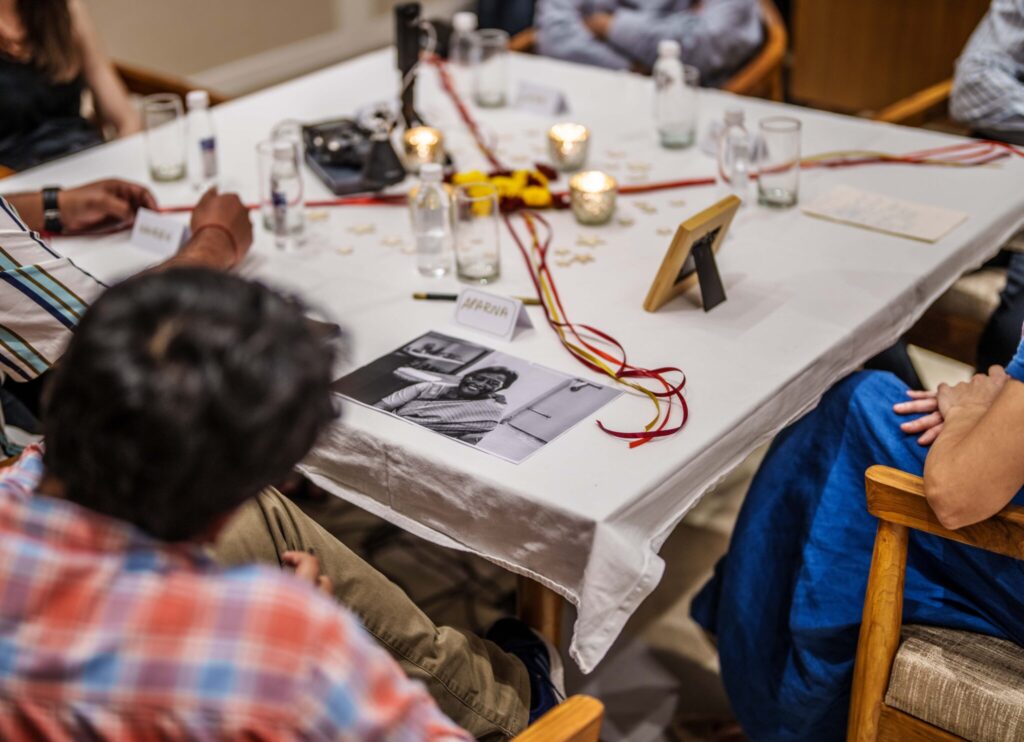
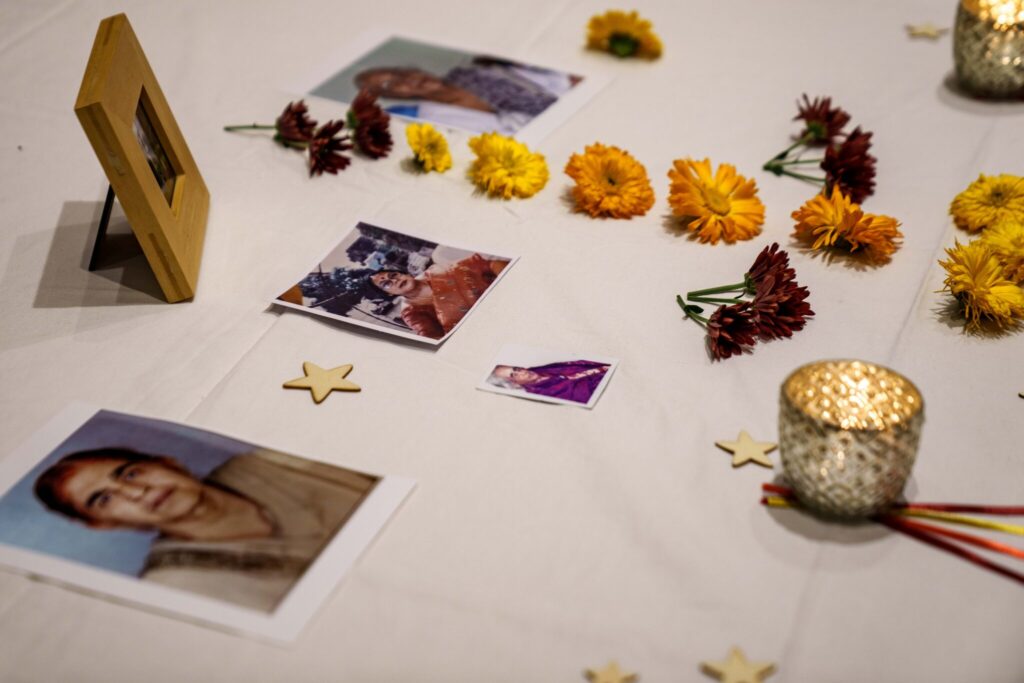
Participants also explored more positive possibilities, discussing how digital avatars might address loneliness among the elderly or serve as interactive archives preserving knowledge that would otherwise be lost. The conversations consistently highlighted the profound connections that discussing mortality can create, even among strangers.
As part of the exploration, Dr Julia Creet and Dr Manfred Becker from York University documented the experiences and discussions. They are creating a documentary titled “Digital Afterlives” as part of their own federally funded research initiative.
Looking Forward
This research represents a new kind of interdisciplinary, globally engaged scholarship that we are committed to supporting. As we grapple with rapidly evolving digital technologies, questions about digital death, data legacy, and technological grief become increasingly urgent for all of us—not just users of digital immortality services, but anyone who exists in our connected world.
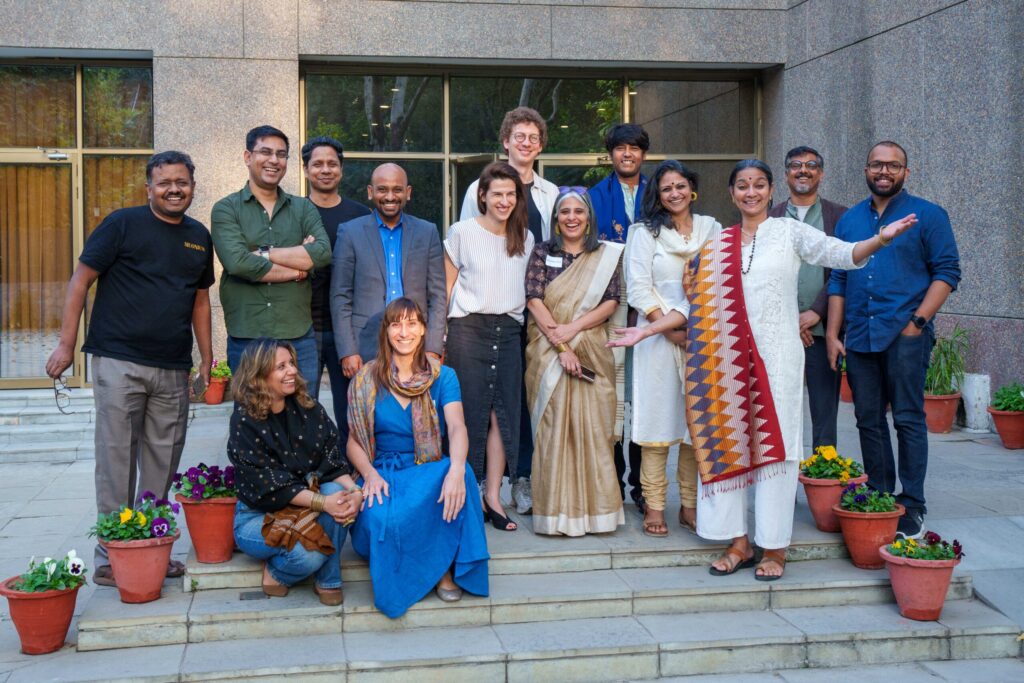
The conversations in New Delhi revealed that the most important questions of our time cannot be answered by any single discipline. They require the kind of collaborative, cross-cultural dialogue that this research exemplified—bringing together technologists and theologians, entrepreneurs and ethicists, researchers and practitioners. As we continue to navigate the digital transformation of society, such conversations become essential for ensuring that technological progress serves human flourishing.
The insights generated through this collaboration will contribute to ongoing global discussions about digital ethics, end-of-life care, and the responsible development of AI technologies. More importantly, they remind us that behind every technological innovation lies deeply human questions about how we live, how we love, and how we want to be remembered.
Study at Ashoka








